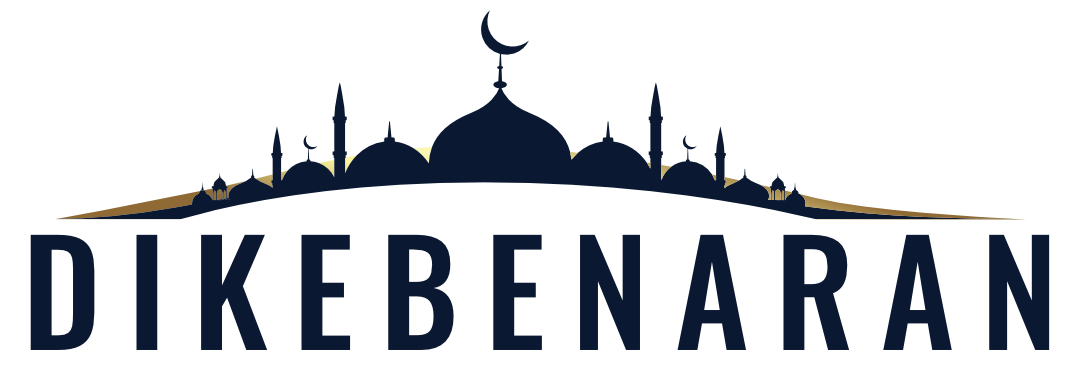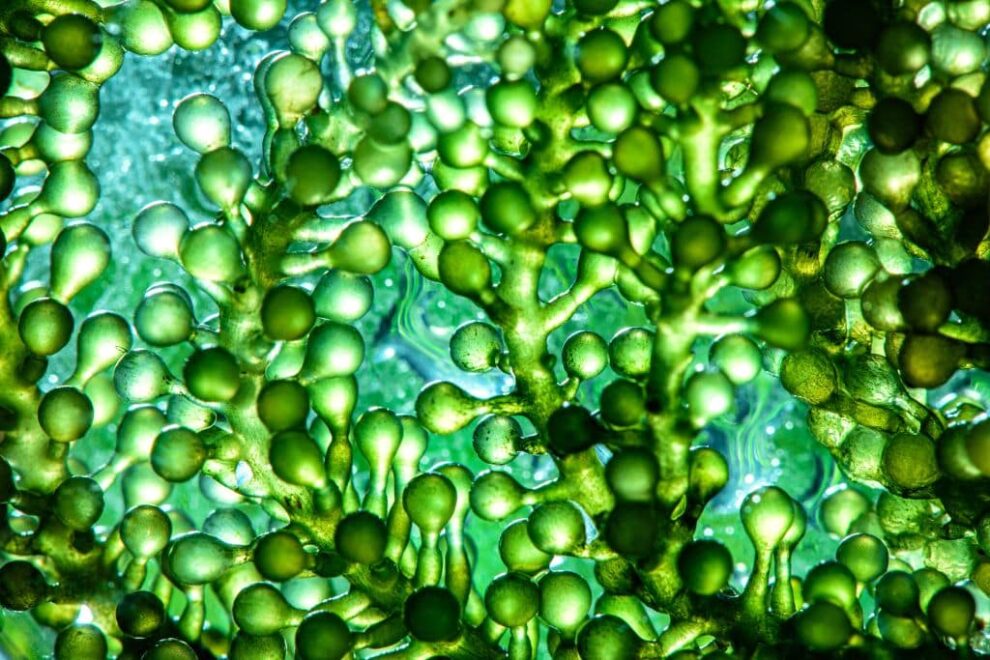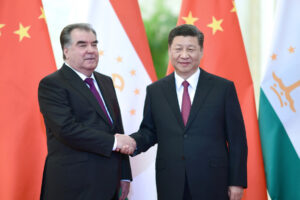The modern world is faced with the urgent challenge of reducing carbon dioxide emissions as the main cause of climate change while simultaneously overcoming the energy and food crises.
Researchers at the University of Houston have discovered great possibilities towards the goal of zero carbon emissions through research on algae.
The research was revealed in a large-scale study of algae conducted in the microbial laboratory at the University of Houston, Sugar Land. Venkatesh Balan, a professor of engineering technology in the Technology Division of the Cullen College of Engineering at the University of Houston, is studying the surprising properties of light-sensitive microalgae organisms in freshwater and saltwater environments.
The potential of microalgae in absorbing carbon. Microalgae are able to absorb carbon dioxide (CO2) from the air, as quoted from the Science Daily edition (25/10/2023).
However, what is most interesting is its ability to convert the CO2 it takes in into large amounts of protein, fat and carbohydrates through a series of processes. This research explores the potential use of microalgae in various applications.
Such as wastewater treatment and the use of algae biomass to make food, fertilizer, fuel and chemicals. Some algae such as spirulina that grow in freshwater treatment are used in health supplements and cosmetics. In the future microalgae can become a sustainable raw material for the production of biofuels and natural chemicals reducing dependence on fossil fuels.
However, what stands out most is the great potential of microalgae in overcoming the global warming problem that is occurring throughout the world.
Algae help convert CO2 into carbon that is useful for humans, mainly through the production of fungi. A symbiotic relationship between algae and fungi can be found in lichens which are a combined organism, part algae and part fungus.
In Balan’s lab, researchers are trying to mimic how moss grows in nature. “The algae produces oxygen, and the fungus stabilizes CO2 and produces oxygen,” explains Balan.
Source: Kompas.com















